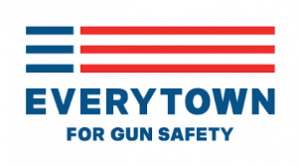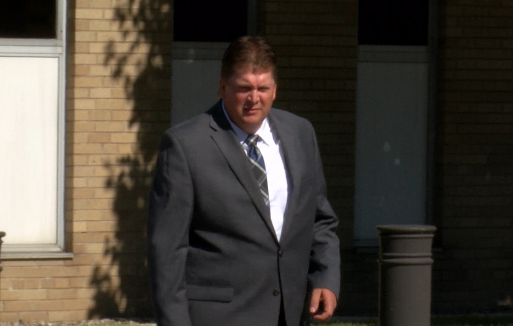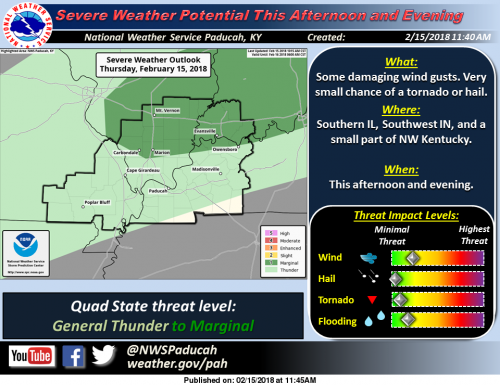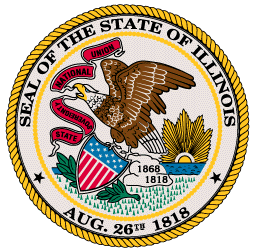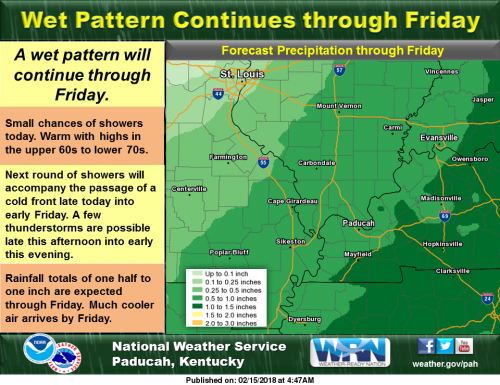Washington, D.C. – Today, Representative Mike Bost (R-Murphysboro) and Representative Darren Soto (D-FL) introduced bipartisan legislation, the Nutrient Management Technical Service Provider Certification Act, to expand options for agriculture producers to access nutrient management technical assistance. This bill would allow qualified individuals, including Certified Crop Advisors or Certified Agronomists, to act as Technical Service Providers for nutrient management.
The Nutrient Management Technical Service Provider Certification Act is supported by The Fertilizer Institute, Agricultural Retailers Association, Land O’ Lakes, American Society of Agronomy, and the Illinois Fertilizer & Chemical Association.
 “Our bipartisan bill cuts red tape and gives our farmers more resources to improve soil quality,” said Bost. “The Department of Agriculture has said that it lacks the manpower to provide technical assistance to farmers trying to implement nutrient management practices. I appreciated working with Rep. Soto on a solution that expands options for farmers seeking technical assistance related to these practices.”
“Our bipartisan bill cuts red tape and gives our farmers more resources to improve soil quality,” said Bost. “The Department of Agriculture has said that it lacks the manpower to provide technical assistance to farmers trying to implement nutrient management practices. I appreciated working with Rep. Soto on a solution that expands options for farmers seeking technical assistance related to these practices.”
“Agribusiness retailers’ commitment to professionalism is evidenced in their decision to employ agronomists who have achieved the CCA or CPAg certification,” said TFI President, Chris Jahn. “USDA recognition of these agronomists as Technical Service Providers is a win-win for farm profitability and the environment.”
“Agricultural retailers serve as trusted advisors to farmers. Streamlining the certification process for agricultural retailers to achieve technical service provider status will allow farmers, retailers, and NRCS to better communicate and collaborate, as well as improve conservation planning, soil health and nutrient stewardship initiatives and efforts,” said Agricultural Retailers Association President and CEO Daren Coppock.
“CCAs and CPAgs have met the standards for agronomy knowledge, experience and ethics set by the American Society of Agronomy. They are a trusted farm adviser in agronomic practices and inputs. We are very excited to see them recognized for their professional expertise in this bill,” said American Society of Agronomy spokesman Karl Anderson.
Background:
The demand for the United States Department of Agriculture’s (USDA) conservation technical assistance and the financial incentives provided by farm bill conservation programs is at an all-time high. The natural resource concerns and regulatory challenges our farmers face are also growing and use of conservation practices, like the 4Rs (Right Place, Right Rate, Right Source, and Right Time) are being widely implemented across farm country. Increasing the engagement of the private sector in conservation delivery can help with this demand on capacity and resources.
The United States Department of Agriculture (USDA) Natural Resource Conservation Service (NRCS) utilizes Technical Service Providers (TSPs), which are either individuals or businesses with technical expertise in conservation planning that help producers achieve conservation goals. The current certification process can be time consuming, expensive, and duplicative to many trained conservation professionals and proves to be an impediment to the private sector’s desire to become a TSP.
